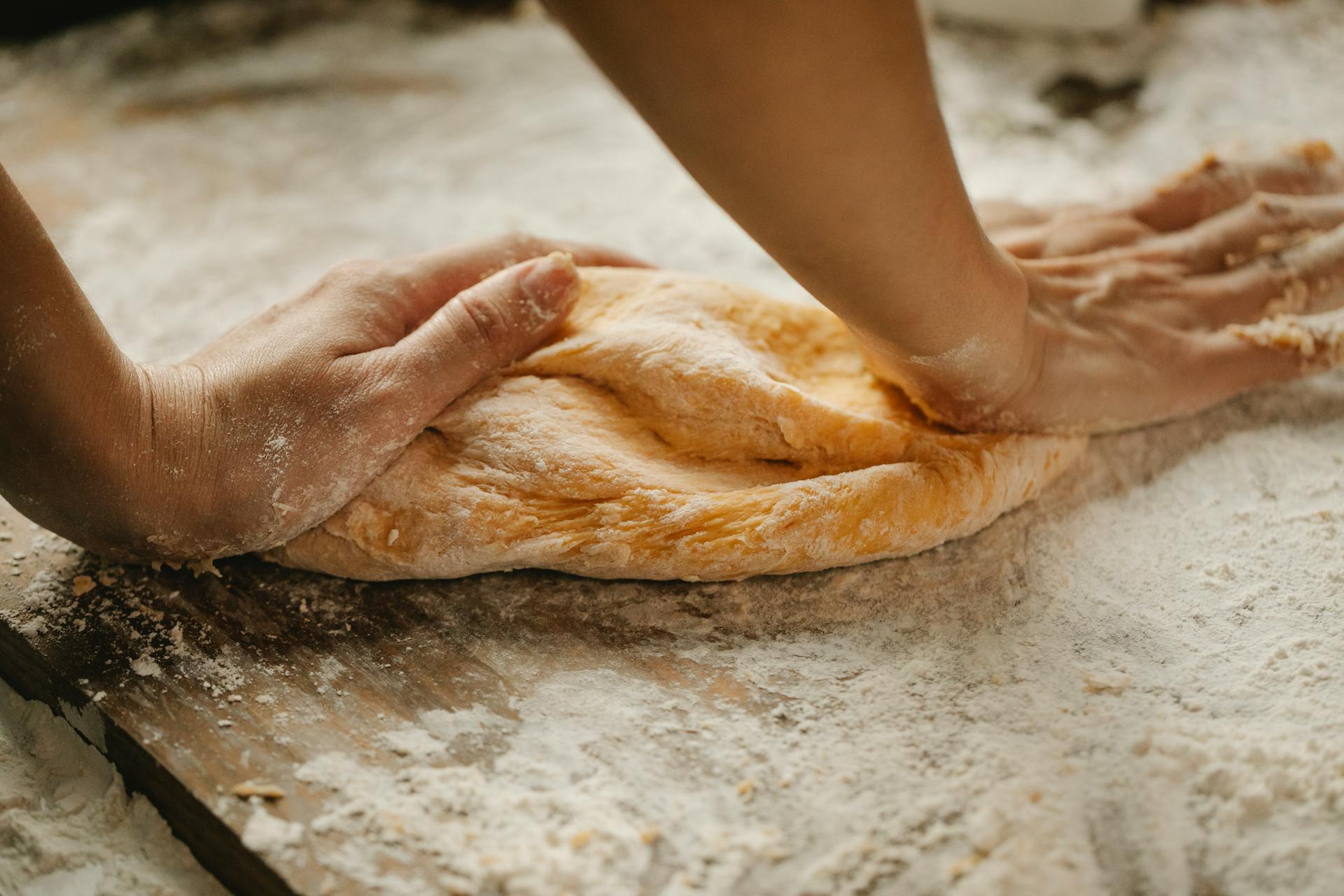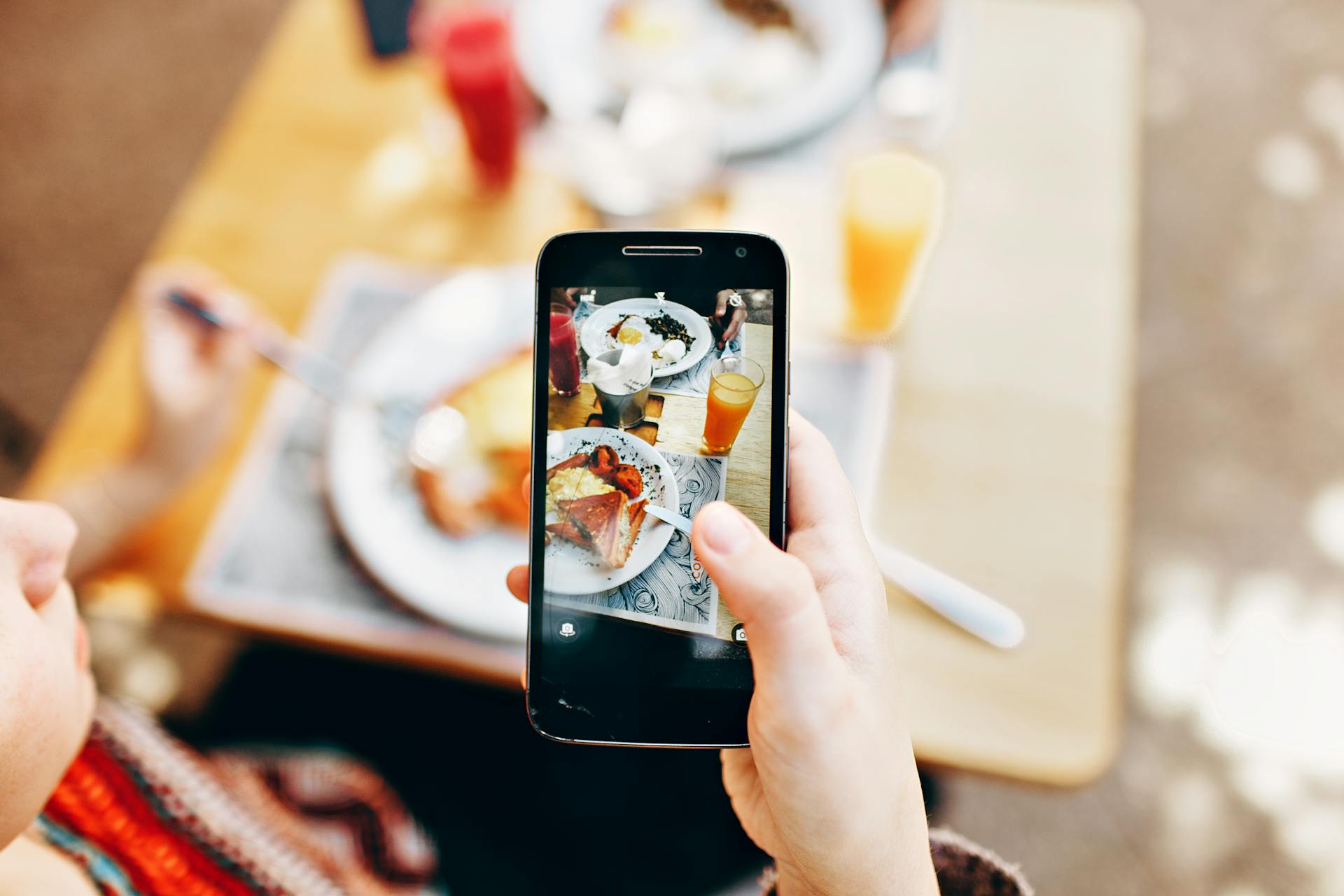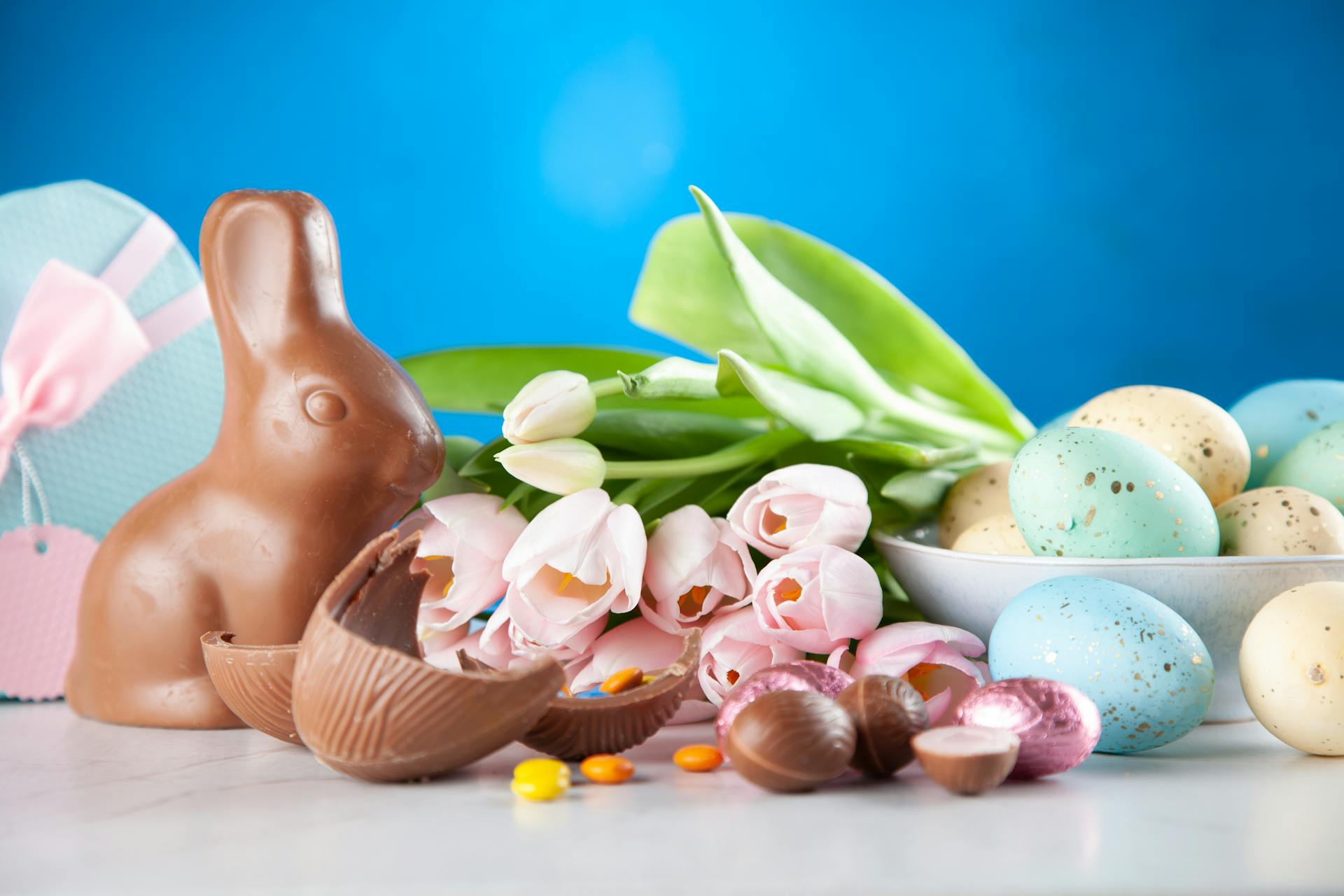
Koi eggs are known for their incredible level of resilience and longevity, however, with that comes a longer incubation time to reach the point of hatching. Depending on the surrounding water temperature, koi eggs will generally take about 48-72 hours to hatch after being laid by female fish. Though this may seem like a long time for these hardy little eggs to develop, it is in fact an impressively short amount of time.
Because koI eggs are so resilient they require round-the-clock attention when first laid in order to ensure optimal hatching conditions such as specific water temperatures and monitored pH levels during the incubation period. As such it is important that the optimum environment be provided or the entire batch may fail just as quickly as they were conceived.
The remarkable koi egg is still very much uncharted within its species and studies continue to explore new factors affecting hatching rates depending on external factors such as light availability and oxygen levels in a particular body of water. Though careful observation coupled with quick response times can lead to successful hatches, it’s safe to say that if you’re keeping koi - patience is key!
How long do koi eggs remain viable?
Although koi eggs, like most fish eggs, are very hardy and able to survive in certain conditions for days or even weeks outside of the water, their viability begins to decline sharply once they are separated from the parent. The amount of time a koi egg can remain viable before it decomposes or dies will depend on its environment. Generally, koi eggs should reach hatching stage within 5-7 days if kept at an ideal temperature between 75–80°F and with proper oxygenation.
Koi eggs that are not exposed to consistent warmth and oxygen must be hatch as soon as possible after being deposited by the female in order for them to remain viable. If you search for wild koi for breeding purposes, it's best that you do so during their spawning season when egg viability is higher due their natural optimum temperatures. For example, koi spawn from May-June where I live – but depending on your location this could differ significantly!
Furthermore, since newly hatched fry (baby fish) require food almost immediately after hatching it's best you keep some pre-prepared food ready before expecting your little ones soon! Otherwise receiving poor nutrition can cause developmental delays – or worse yet death – which is why taking care of their needs In terms of nourishment is so important while they mature into adulthood.
Unecessary amount waste not only break down your bank account but also make tanks dirty without fail!
While some breeds may hold onto viable eggs longer than others under distressful circumstances - such as colder waters - usually aged koi eggs last only around two days unless actively taken care off with proper temperature and oxygen levels being provided consistently throughout incubation period which is why majority hobbyists tend opt tank spawning over searching wild stock breedings despite its extra costs! Providing timely nutrition post hatching becomes even more critical do aid in healthy nutrient free growth.With these factors considered,koieggs typically remain viable anywhere from 2 - 7 weeks depending on specific weather conditions and necessary nurture requirements.
What water temperature is ideal for koi egg hatching?
Koi eggs require the utmost care to ensure ideal hatching conditions, and water temperature plays a key role in the process. The optimal temperature range for koi egg hatching is between 70 to 82 degrees Fahrenheit (21-28 degrees Celsius). Temperatures outside of this range can create developmental and health issues which can lower the chances of successful hatching. Additionally, too high or low temperatures can also cause physical malformations in hatched fry.
It is critical that fishkeepers maintain stable water temperatures in their hatcheries or ponds during egg incubation and pre-hatch stages. If a sudden shift in water temperature does occur, try to return it to the optimal range as soon as safely possible, otherwise it may jeopardize the health of both koi eggs, yolk sac larvae, and newly hatched fry.
To maintain an optimal environment suitable for koi egg hatching success, modern pond-owners have multiple options at their disposal such as aquarium heater/thermostats or bottom aerators with adjustable coolers/chillers. Either way adopting these methods allows fishkeepers peace of mind knowing that they’ve taken all necessary precautions for successful hatchings come springtime!
What is the optimal incubation period for koi egg hatching?
The optimal incubation period for koi egg hatching really depends on the environment that the eggs are residing in. Generally speaking, having steady temperatures of between 65-72 degrees Fahrenheit will create an ideal hatching environment and allows for a successful breeding season. The length of the incubation period is typically around 21 days, but depending on water temperature and their availability to oxygen, times can vary significantly. Additionally, some species of Koi may have a different incubation timeframe than others.
To ensure that your koi eggs break out of their shells successfully with little mortality rate as possible, experienced hobbyists suggest maintaining clear and consistent water parameters throughout the 21 day process in order to get consistent results when raising koi fish from fertilized eggs. Keeping track of specific water parameters such as oxygen levels, pH balance and temperature is critical during this stage as well and should be tested through daily monitoring intervals during the entirety of incubation time period for optimal results.
Having skill- full hands with experience delicate handling techniques when dealing with newly hatched fry fishes helps too! Generally speaking if all things are done right a healthy batch of happy Healthy baby Koi can be raised up within 21 days after laying your first set up spawning set up at home or out side in ponds or aquariums where available depending on local wildlife regulations imposed by local governments protecting certain species from disappearing do to over fishing or not enough resources available nearby an environment they depend wholly upon plus always keeping everything sanitary enough so that young fry dont succumb to sicknesses brought upon buy microorganisms growing inside foul environments either created by our own accords artificialy made habitat invironment such as both aquariums or vats being left unclean over seasons spent in usage outside laying season’s if done naturally offsite away from user supervised turf altogether no matter how it's acquirable. By following these recommendations you should have darling little purple bellied curry soft creamy orange colored Koi babies swimming around happily all year round!
What is the average time koi eggs take to hatch?
In general, how long it takes for koi eggs to hatch depends on a few factors, including the temperature of the water they are in and the size of the egg. So there isn't one single answer to this question that applies to all koi ponds or fish tanks. However, it usually takes anywhere from three days up to two weeks for koi eggs to hatch.
When first laid, it takes between 24-36 hours for a fertilized egg's outer layer (the chorion) to actually harden into a protective “shell.” This is what protects them from any predators or foreign contaminants that may be in their environment. After 36 hours have passed and the shell is hardened, then it will take around seven days for them to begin actually hatching! Normally you should start seeing little bout tails within 7-14 days after being laid - if your conditions are optimal and there aren't any underlying problems preventing them from developing quickly enough.
This timeframe can vary depending on many factors like temperature fluctuations in your tank/pond and how fresh or old the eggs were when they were first laid (eggs can contract bacterial infections if left too long unhatched). If you do find yourself with older or potentially diseased eggs, make sure you discard those as soon as possible!
So all in all, an average time frame for when koi fish eggs should hatch is about 7-14 days - though again these times can be extended depending on environmental variables like temperature and rate of development within each batch of newly hatched fry! Good luck!
Suggestion: How Long Does Just Egg Last?
How long after fertilisation do koi eggs start to hatch?
Koi eggs take anywhere from 4 to 10 days to hatch, depending on the water temperature at which they are incubating. The optimal water temperature for fertilised koi eggs is 72°F (22°C), and under this temperature they will typically hatch between 6 and 8 days after fertilisation. If the water is colder than 72°F, the hatching time can be extended up to 10 days.
As soon as koi eggs start developing, it is important to maintain a stable temperature in order for them to properly progress towards hatching. If the water's temperature dips or rises too drastically during that time, a condition called “egg shock” may occur - meaning the embryos inside of these eggs die before even having a chance of maturing into healthy fish larvae. To prevent this from happening, regulating and monitoring your pond's temperatures at all times becomes essential if you plan on having a successful batch of baby koi fish!
What is the maximum time koi eggs can take to hatch?
Koi eggs can take up to 6-14 days to hatch, depending on the temperature of the water. Factors like water temperature, oxygen availability in the water and other environmental factors play a large role in determining how long it takes for a koi egg to hatch.
For optimal success, temperatures should remain between 60°F - 75°F (15.5°C - 24°C) as higher temperatures can increase hatching time while lower temperatures can slow it down and even stop the process completely at times. Furthermore, decreased oxygen levels in the tank or pond reduce mobility of animals around eggs which prevents them from receiving nutrients they need and impedes growth; ideal conditions should have 3-5mg/L dissolved oxygen content. Lastly, pH levels must also be monitored during this time to ensure egg health with koi preferring neutral pH values around 7.
Very young koi will remain on the bottom of their tanks for roughly 72 hours after hatching before becoming free-swimming fry hovering near surface of aquariums or ponds and eating small organisms like infusoria which are present naturally after a few days’ worth of bacteria colonization; until this point, owners must feed unfertilized (non-fertilized) newly hatched eggs brine shrimp cyclopeeze along with possible addition of probiotics if desired as well supplementing food sources with any additional nutritional sources needed by offspring until reaching few months old when they are old enough to be put into much bigger bodies such as an outdoor pond so that they have sufficient space where these larger species reach their great sizes over several generations nice enough!
Featured Images: pexels.com


